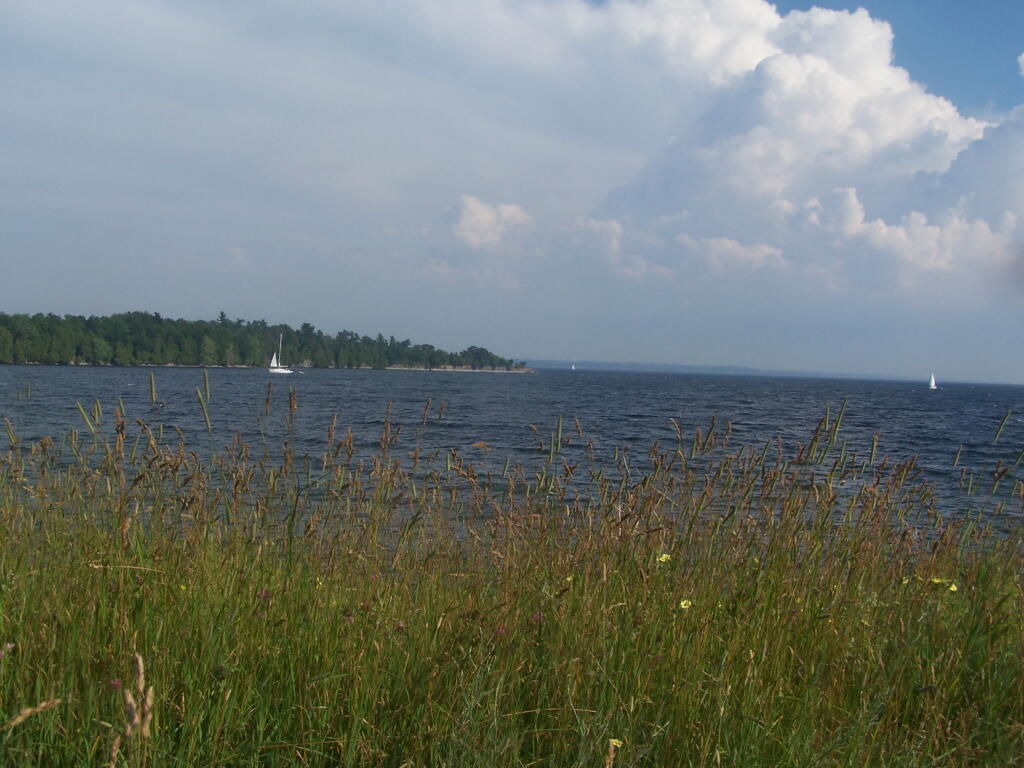July 10, 2018 8:12 am Update
Time really does slow down on the summer months.🐶 This morning my Kill a Watt meter reads 59.9 Hz which means that any clock that counts cycles is running slightly slower than normal, losing a few seconds as the day goes on. ⏲But I’m sure tonight as load decreases off the grid, they’ll make the night a few seconds shorter to accomplish the roughly correct number of cycles for the day.🔌
More Recycling Won’t Solve Plastic Pollution
"The only thing worse than being lied to is not knowing you’re being lied to. It’s true that plastic pollution is a huge problem, of planetary proportions. And it’s true we could all do more to reduce our plastic footprint. The lie is that blame for the plastic problem is wasteful consumers and that changing our individual habits will fix it."
"Recycling plastic is to saving the Earth what hammering a nail is to halting a falling skyscraper. You struggle to find a place to do it and feel pleased when you succeed. But your effort is wholly inadequate and distracts from the real problem of why the building is collapsing in the first place. The real problem is that single-use plastic—the very idea of producing plastic items like grocery bags, which we use for an average of 12 minutes but can persist in the environment for half a millennium—is an incredibly reckless abuse of technology. Encouraging individuals to recycle more will never solve the problem of a massive production of single-use plastic that should have been avoided in the first place."
The pileup of plastic debris is more than ugly ocean litter
"The commonly quoted statistic is that the majority, about 80 percent, comes from land. It gets washed by runoff or blown by wind into the ocean or into waterways that lead to the ocean. The rest, about 20 percent, comes from catastrophic events or maritime sources, much of it fishing gear. In my work, I focus on municipal solid waste and poor design of trash receptacles, collection vehicles and landfills, especially in rapidly developing economies where waste management is lagging. Deliberately tossing litter or open dumping and burning trash is a part of human nature and how we’ve historically managed waste. But some cultures still do it."
"That wasn’t a problem for the oceans until plastics came on board. If you throw out metal or glass or burn paper, that’s one thing. But plastics are persistent synthetic polymers that can last for centuries. The steep, steep increase of production of plastics, 620 percent in the last 40 years, has completely changed our waste stream."
Shots – Health News : NPR
"Just in time for summer hikes and outdoor play, a study finds that the ticks that often convey Lyme disease become unable to bite, and soon die, after exposure to clothing treated with permethrin."

